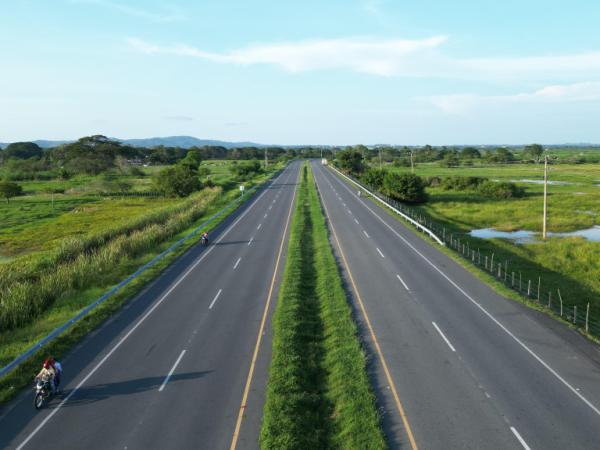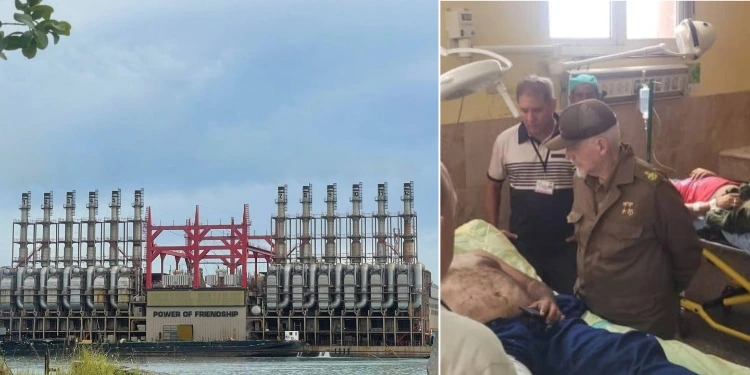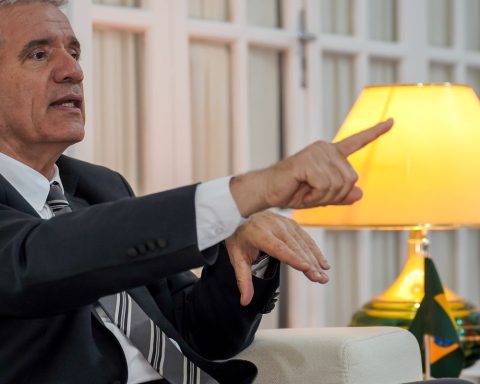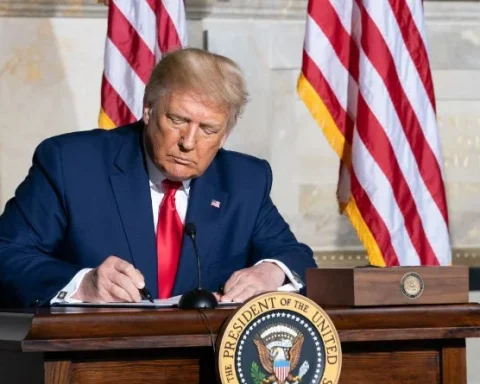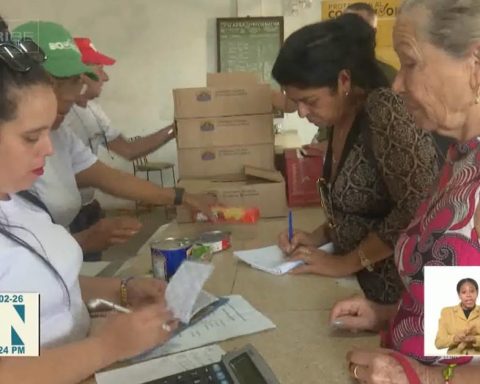As time progresses, most road concessions of the fourth generation program (4G roads) are finishing details to put the corridors into the operation and maintenance stage.
However, after trying to solve several challenges along the way, some continue to have more difficulties than solutions, as is the case of the Ruta al Mar concession. (IP – Antioquia – Bolívar), which although it is less than 5% away from completing works, may not achieve it.
In an interview with Portafolio, Manuel Raigozo, manager of the concession, assured that this problem could affect not only the viability of the project, but would also be deteriorating the confidence of the sector.
You can see: Invías opened tenders to improve roads that connect Chocó with Medellín and Pereira
What is the current status of the work?
We have certified the execution of 94.12% of the project. It is higher, but there are sections that have not been able to be put into service. Likewise, at this time there are works in progress and we are maintaining the finished units. It is a 500 kilometer concession and we are only missing a few small parts, less than 5%. $2.5 billion have been invested.
We are meeting all the indicators requested by the concession contract. The ups and downs have always been corrected. It is in operation from Caucasia to Cruz del Viso and, on the other hand, from Puerto Rey to Cruz del Viso. There is continuous communication with some interruptions such as that of the Lorica variant.
Despite this great effort that has been made by the concession and its shareholders, the concession contract has a series of problems that have prevented the completion of construction.
What are these problems?
They are situations derived from acts of third parties that prevent completion, and until they are corrected, it is not possible to intervene in the areas that have not been built.
These events have environmental or social connotations. Most of them have already passed the critical phase or the 730 days since those exonerating events were diagnosed, presented and signed. That is a period that is established in the concession contract to overcome these particular situations.
The contract establishes that, if after that time they have not been resolved, it will be necessary for the parties to sit down to see how solutions are built or if solutions are definitely not achieved, lead to an early termination of the contract.
Also read: The alternative investment firm Patria announced the purchase of the Pacífico 3 concession
Manuel Raigozo, general manager of the Ruta al Mar concession (IP – Antioquia – Bolívar)
Route to the Sea
What are those events that have already passed that stage? What have you thought about with ANI to resolve them?
Even today we do not have concrete solutions, even though the previous steps for negotiation have been taken.
One of the events concerns the Lorica variant. This work was planned in the concession contract to avoid urban crossings in this area, because the current crossing has important traffic connotations. This work was planned to send users to an alternate route and border that town. Unfortunately, to date it was not possible to carry out the work due to the lack of a permit, because the variant passes over the Ciénaga de Lorica, an environmentally protected area. Three or four years ago, a liability-exempt event was signed that guarantees that everything possible had been done to obtain that permit and it has not been achieved.
Another challenge is the acquisition of land for the construction of the dual carriageway between Cereté and Lorica. Because in that sector there are a fairly significant number of properties. There are processes that are not easy because many of them do not have titles and that triggers many challenges and they have to go to expropriation processes.
On these, and other issues, we are in the consultation stage, in which we have not reached definitive solutions, and the contract could be terminated early.
And with social issues and tolls, what has happened?
The contract established that we would operate with eight toll stations. Of those there is one station that has been critical, Caimanera, which was suspended in 2023. Today we are in September 2024 and the relocation of that toll has not been achieved. This is equivalent to between 8% and 10% of the total collection of the project. Added to this issue are the effects of decree 050.
Why is it so important to finish the works and move on to the operation and maintenance phase?
That stage is a quite important turning point, because there the conditions change in the credit contracts. When that milestone is reached, the obligations in the credit contracts change, they are a little more flexible, because the construction risk has passed and now only the operation risk remains.
We had to finish this work in 2021 and we are in 2024, that is, three years later and we have not been able to go through these situations
On the other hand, investors can somehow see the return on their investment, which is not achieved if they do not go to that stage.
We had to finish this work in 2021 and we are in 2024, that is, three years later and we have not been able to go through these situations.
Have you considered the possibility of changing the purpose of the contract and shortening the scope so as not to end it sooner?
That is another alternative that is established in the contract. The smallest scope in terms of construction is only possible in the Lorica variant, that is, it is not done. However, The last figure to use is the extension of the term of up to 20% of the contractwhich in our case is equivalent to more or less seven years. That would be a source of compensation for all those risks that have been generated.
The dealership filed a lawsuit in an international arbitration court seeking further solutions. In addition, we are at a working table to build all the solutions to all these problems, see if a final agreement is reached and continue along the corridor. It’s what we want to do.
You may be interested in: The alternative investment firm Patria announced the purchase of the Pacífico 3 concession

4G IP Antioquia – Bolívar
Route to the Sea
Do you see more opportunities to continue or terminate the contract?
To the extent that concerted solutions are not found and the liability-excusing events continue to drag on without a solution, the project could be terminated early.
It is not the objective of the concession; We are interested in making it viable and looking for solutions. Ending it earlier does not bring any benefit for any of the parties, neither for the State, nor for the users, nor for the concession, nor for its investors. We have always told ANI that we are open to dialogue.
And what does ANI tell you?
They want the possibilities to be analyzed, for example, of reducing the scope. In the construction stage, it is already very difficult to reduce the scope, except for the Lorica variant, but there are possibilities. For example, reducing the maintenance time that the concession has to carry out, removing other sections of the concession that are not vital for the operation. The impact that increasing the deadline would have, which are the solutions that are currently established, is also being analyzed.
With all this climate, what do investors tell you about the new projects that are being cooked up?
Our investors, Bancolombia, Financiera de Desarrollo Nacional and others, They have been very nervous about this situation. As a concession we continue to comply with our obligations and every decision we make must be agreed with the investors.
With all this sociopolitical connotation that is moving around tolls, investors make much more detailed analyzes to invest in this type of projects.
PAULA GALEANO BALAGUERA
Portfolio Journalist
